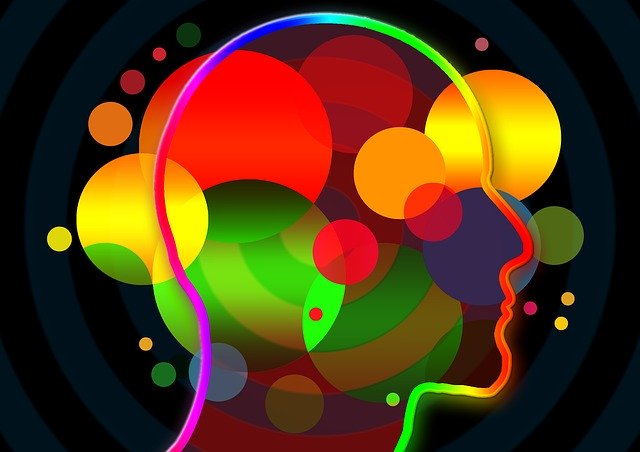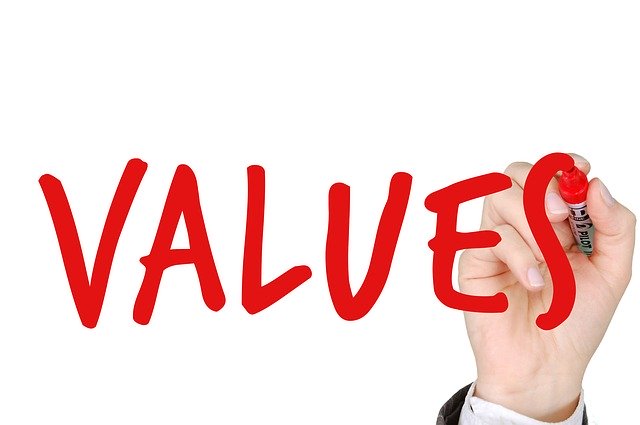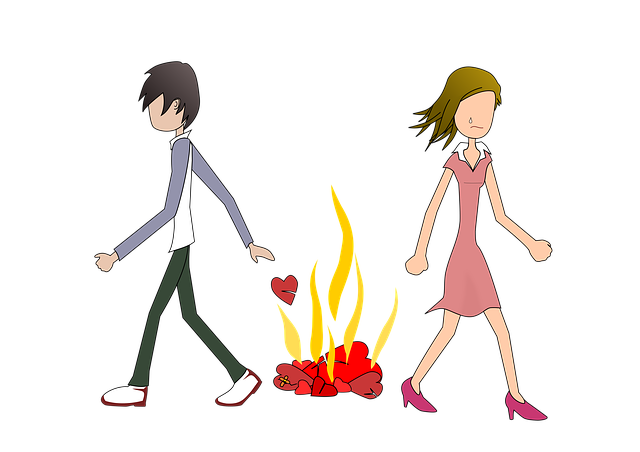by Nathan Chua
When you raise your head to look ahead as you traverse the busiest streets of Manila, there will undoubtedly be dozens of billboards craning for your attention as you look into the distance and survey the sea of traffic ahead of you. It sort of is a means to break the monotony of tail lights shimmering about several kilometers ahead. Lots of cheery faces showing you how much more you can grab out of life if only you had that new car, home, outfit, hairstyle, and yes, even that new loan! Yeah, that is the good life, the feel good life!
Positivity has become the antidote to much of what we experience in life as trials and misfortunes. We can always just think about positive things and all will be alright as far as our internal mechanisms are concerned.
Just recently heard Dr. Steven Hayes in one of his podcast interviews talk about the futility of this approach to life’s realities. Once again he uses an interesting comparison of this “feel only the good” agenda to just wanting our fingers to feel things that we like. Unfortunately, that is only doable if we totally remove the sense of touch from our fingers. There is no way to teach our fingers to just feel the good ones and not the bad ones. If you feel the soft touch of your pillow at night, you will also feel the roughness of sandpaper as you work on some cleaning project at home. Removing what we dislike can only be done if we remove all the sensations our fingers can feel.
It’s a pretty apt metaphor for not wanting to feel unpleasant emotions. Our minds and our nervous systems come with the ability to experience both sides of the spectrum. If we constantly wish to run away from difficult thoughts and feelings, we will also end up unable to feel pleasant emotions. If we numb ourselves from feeling difficult emotions, we also by default have to remove ourselves from feeling the opposite.
Because of the constant barrage of information we get saying that, the meaningful life ought to make us feel good, we lose touch with what is truly important to us. Maybe that very thing that you have been looking for to find meaning in your life is really contained in some activity that you wish you could do, if only your mind would stop telling you that it’s too hard! Forget about it, you will end up just getting hurt.
Maybe it is in that project you wished you could start because it is where you lose consciousness of time when you engage in doing it. But you are afraid that you will end up being a laughing stock to your friends and family if you did. Maybe it’s in that dating life that you wish you can resume after a painful divorce. But your mind tells you, you better not, because it will hurt even more. Maybe it is taking that step to talk to your child about something you wish he or she can see from your perspective. But your mind tells you, you will just end up spoiling your kid and surrendering some of that power you have over him or her.
All of these yearnings point to what truly matters to us and the existential anxiety we have about how we spend our time as we remain alive and conscious. If it is important for you to have that career, then you will feel anxious pursuing it. If it is important for you to have a good relationship, then you will feel terrified by the idea of meeting new people for romantic reasons. If it is important for you to be loving to your child, then you will feel like you’re walking on eggshells raising one.
As an old ACT saying goes, we care where we hurt and we hurt where we care. Anything that is worth pursuing in life will hurt because we care about them. It won’t always be happy. There is no guarantee unfortunately. The only thing that is sure is that if you pursue a life that matters rather than a life that’s happy, you will then know what it means to live meaningfully. As one 19th century sage put it, “He who has a why to live for can bear almost any how.”









